
Let's stay in touch
Visit Our Office
Contact Us
Sneezing: Causes and How To Make It Stop Professional Insurance Center
-
Wake Up Juice Bar > Blog > Sober living > Sneezing: Causes and How To Make It Stop Professional Insurance Center
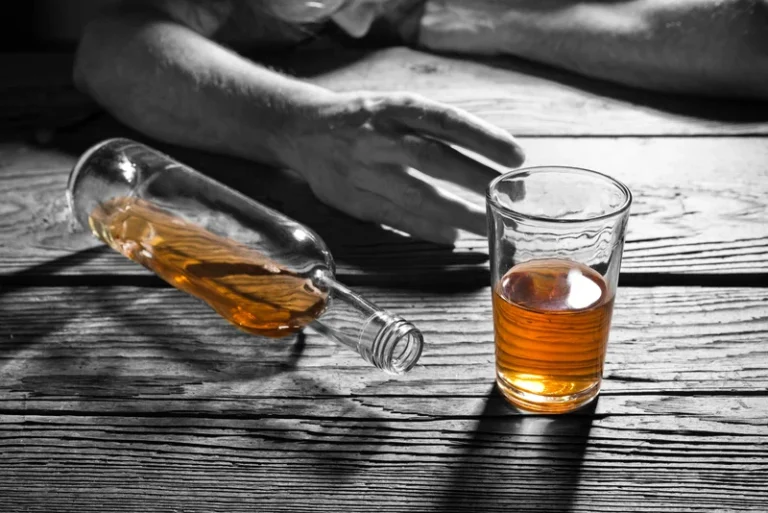
In this article, we’ll explore why drinking alcohol commonly leads to a stuffed up nose for so many people. More importantly, you’ll discover actionable ways to stop alcohol from inflaming nasal passages so you can avoid the dreaded stuffy nose hangover. It may be due to an allergy to various ingredients in alcoholic beverages, such as grains, wheat, barley, hops, sulfites and yeast. Additionally, alcohol can cause a histamine reaction, triggered by the body’s immune system when it comes into contact with the allergen.
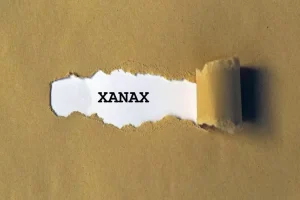
Health Challenges
- Like wine, beer also contains histamines, which can trigger sneezing.
- „I wish there was some magic drink everyone could have, but there isn’t.“
- Symptoms are more likely to be a reaction to the ingredients in a drink, or the alcohol causing other types of allergies to worsen.
- This may help clear the irritant triggering the sneeze, although this technique is not scientifically established.
- For example, aged cheese, smoked meats, sauerkraut, wine, and beer tend to be high in histamines.
Sneezing is a partially controllable reaction to irritants. To help stop sneezing, or delay a sneeze before it occurs, a person can try certain home remedies, lifestyle changes, or medications. Nonallergic rhinitis most often doesn’t cause an itchy nose, eyes or throat. Although alcohol intolerance usually isn’t a serious issue as long as you don’t drink alcohol, you might want to discuss it with your doctor at your next appointment. Here’s some information to help you get ready for your appointment.
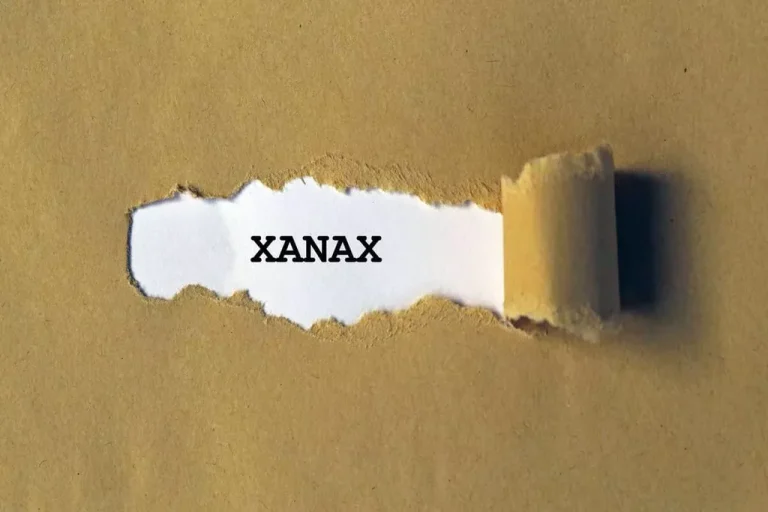
What are the symptoms of alcohol allergy?
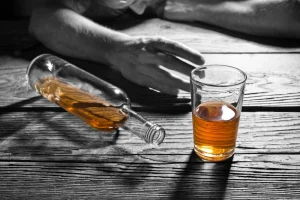
However, if you have alcohol intolerance, you must talk to your doctor about which alcohols are best for you to drink. Most people who get hangovers can diagnose themselves based on their alcohol consumption and symptoms. If you feel sick after consuming alcohol, you most likely have a hangover. When a runny nose is caused by an allergy, the easiest way to clear it up is to avoid the allergen. For example, if you are allergic to ragweed, stay inside on days when ragweed pollen counts are high. Instead of opening your windows, use a fan or air conditioner to cool your home.
Does Taking Pepcid Before Drinking Prevent Alcohol Flush Reaction?
And since it affects your genes, once you inherit it, you’re stuck with it. how to stop sneezing when drinking alcohol But alcohol tolerance is more complicated than just being „a lightweight“ or not. In fact, alcohol intolerance is a metabolic disorder that doesn’t have anything to do with how many drinks you can down before your beer goggles switch on.
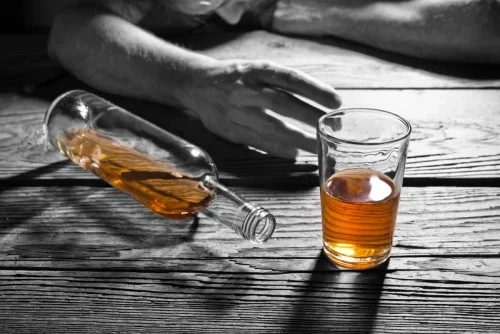
Side effects of Maxmonte L Tablet
Hangovers tend to go away on their own, even if you don’t do anything. As your body readjusts to the lack of alcohol, you start to feel better. If you have a severe allergy, your doctor might suggest other treatments, such as allergy drops. Just like humidifiers and facial steam, a shower’s hot vapors can help alleviate a runny and stuffy nose. When you breathe in a virus or an allergen like dust or pollen, it irritates the lining of your nasal passages and sinuses. This causes your nose to start making clear mucus that traps the germs or allergens and helps flush these harmful substances out of your nose.
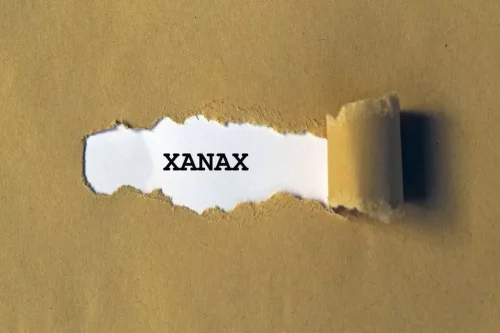
For example, aged cheese, smoked meats, sauerkraut, wine, and beer tend to be high in histamines. If you do choose to drink wine, white and rosé are your best options. While beer can contain histamines, certain types like low-alcohol beer may have lower histamine levels compared to other varieties. Having sluggish ALDH2 enzymes, or lower levels of it altogether, is ultimately the product of having genetic variation in your ALDH2 gene. Specifically, genetic changes that make your corresponding ALDH2 enzyme bad at its job. Twelve-step program What’s more is that this genetic variation can be passed down from parent to child, making alcohol intolerance an inherited condition.
- Although you might not have other symptoms, you should still go easy on yourself.
- Don’t hesitate to reach out and take the first step towards a healthier, allergy-free life.
- For some people, alcohol can also make allergy symptoms worse.
- The most effective treatment is not drinking alcohol at all, or drinking only occasionally and in small amounts.
Symptoms of a wine allergy include rashes, why do i sneeze when i drink alcohol nasal congestion, wheezing or a tingling sensation around the mouth and throat. As a result, their bodies produce inactive ALDH enzymes that are unable to properly break down the alcohol into acetic vinegar. One of the most common forms of alcohol intolerance is sulfite intolerance. This type of allergy occurs when an individual cannot break down sulfites, which are a byproduct of fermentation and appear in wine and other alcoholic beverages.
When should I see a healthcare provider?
If you have a true alcohol allergy, the only way to avoid symptoms is to avoid alcohol entirely. Even a small amount of alcohol can trigger a severe reaction. Read the ingredient lists of foods and drinks, ask restaurant staff for information about menu items, and avoid products that contain alcohol. The only way to avoid alcohol intolerance symptoms or an allergic reaction is to avoid alcohol or the particular beverage or ingredients that cause the problem. For a minor reaction, over-the-counter or prescription antihistamines might help reduce symptoms, such as itching or hives. The most effective treatment is not drinking alcohol at all, or drinking only occasionally and in small amounts.
Recent Posts
- Chaotic Minds Chaotic Societies The Second Coming by Wb Yeats
- Communication and Professional Relationships With All People
- In Gothic texts women are either hopelessly submissive or significantly absent
- Both within The Merchants Tale by Chaucer and An Ideal Husband by Oscar Wilde the theme of power is explored with various characters attempting to
- Which One Of The Following Is An Advantage Of Essay Questions Over Recognition Questions





